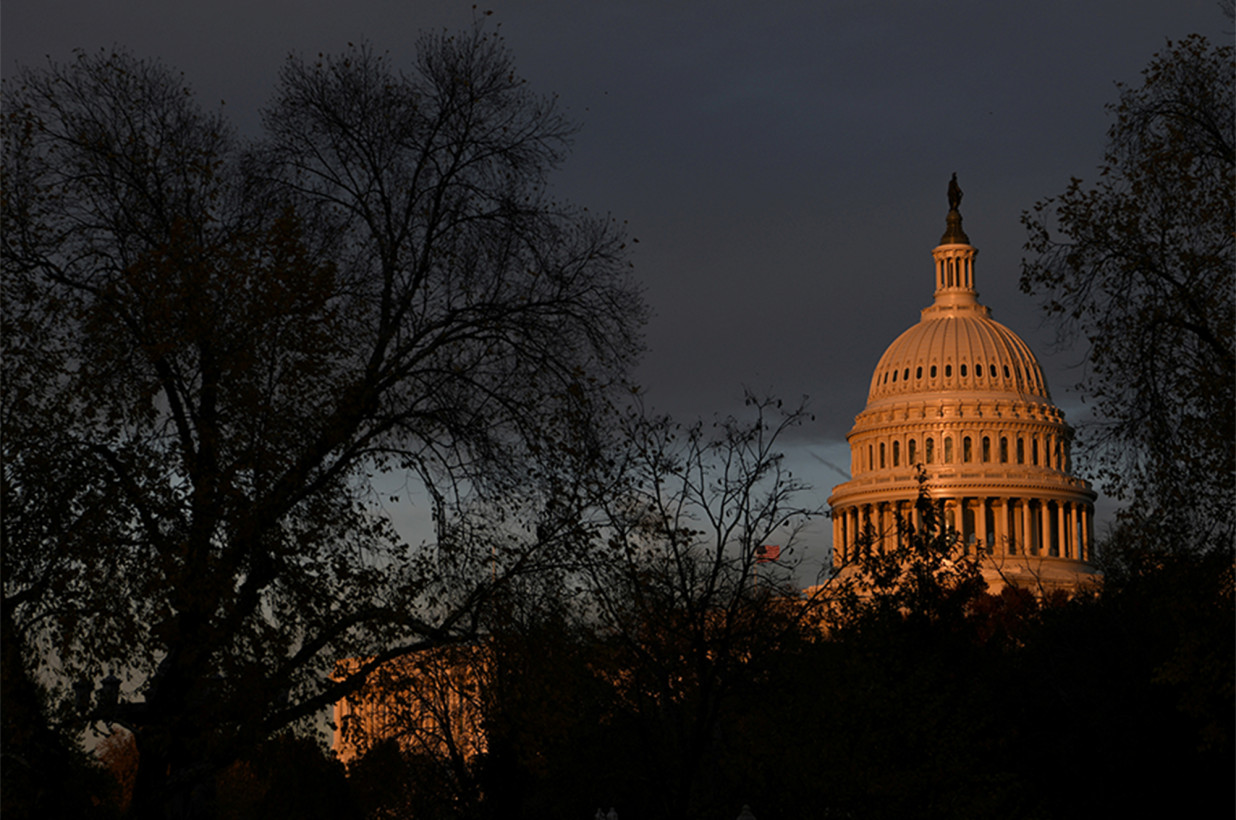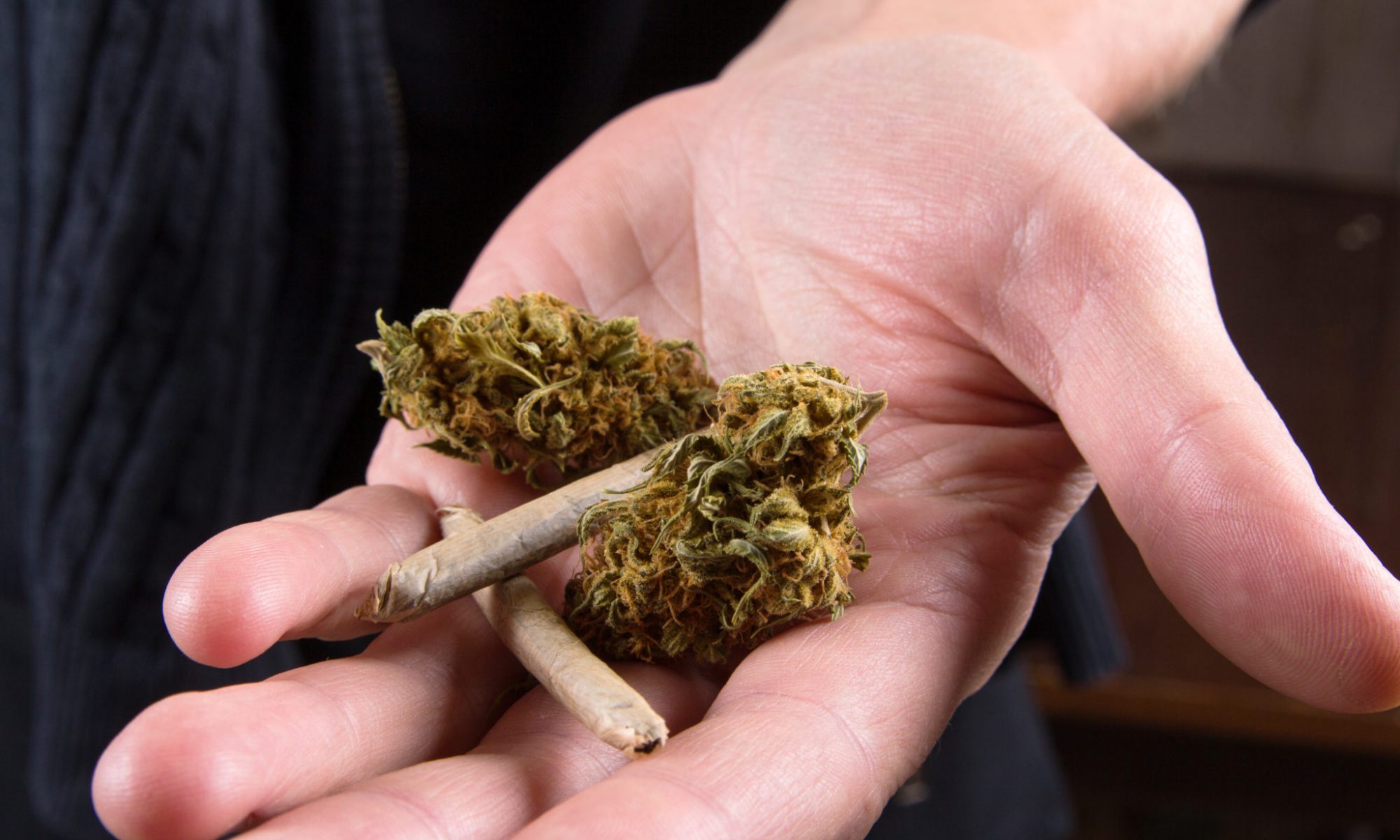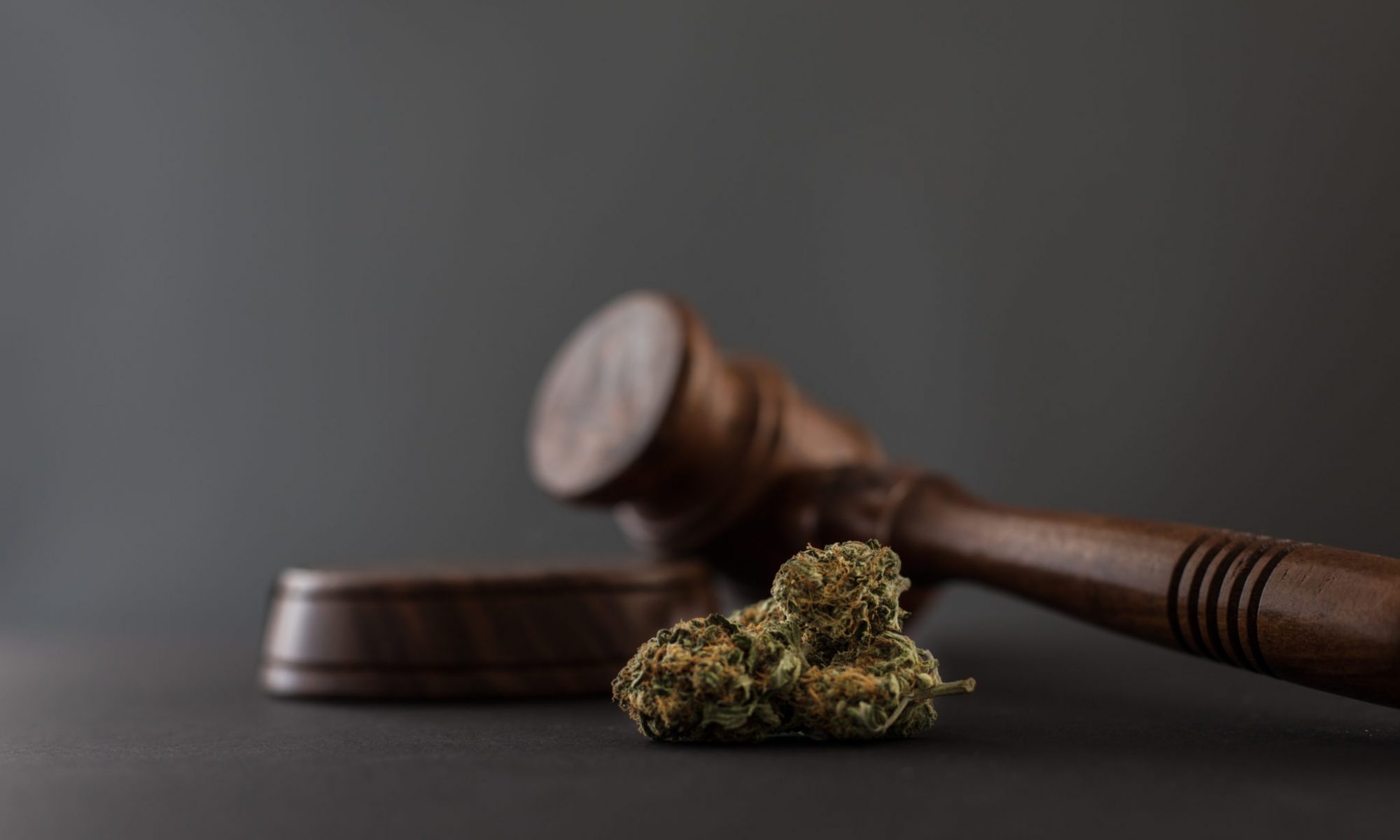Sound the alarm. At least four communities in southwest Illinois recently banned the sale of kratom—an herb used for its painkiller-like properties—in an effort to crack down on the herb’s growing popularity.
The cities and communities of Jerseyville, Alton, Glen Carbon and most recently, Edwardsville City banned the sale of kratom. In Edwardsville, people who violate the new ordinance banning the herb are subject to a $750 fine.
“We were presented with quite a bit of health-related data, and members of the community spoke out against it because of its potentially harmful side effects,” Ward 1 Alderman S.J. Morrison stated. “There’s just not a lot known about it.”
Other communities in the area are exploring options for cracking down on kratom sales. CBD Kratom in Belleville sells both CBD supplements and kratom supplements, among other similar products.
Keep reading at Dope Magazine




















